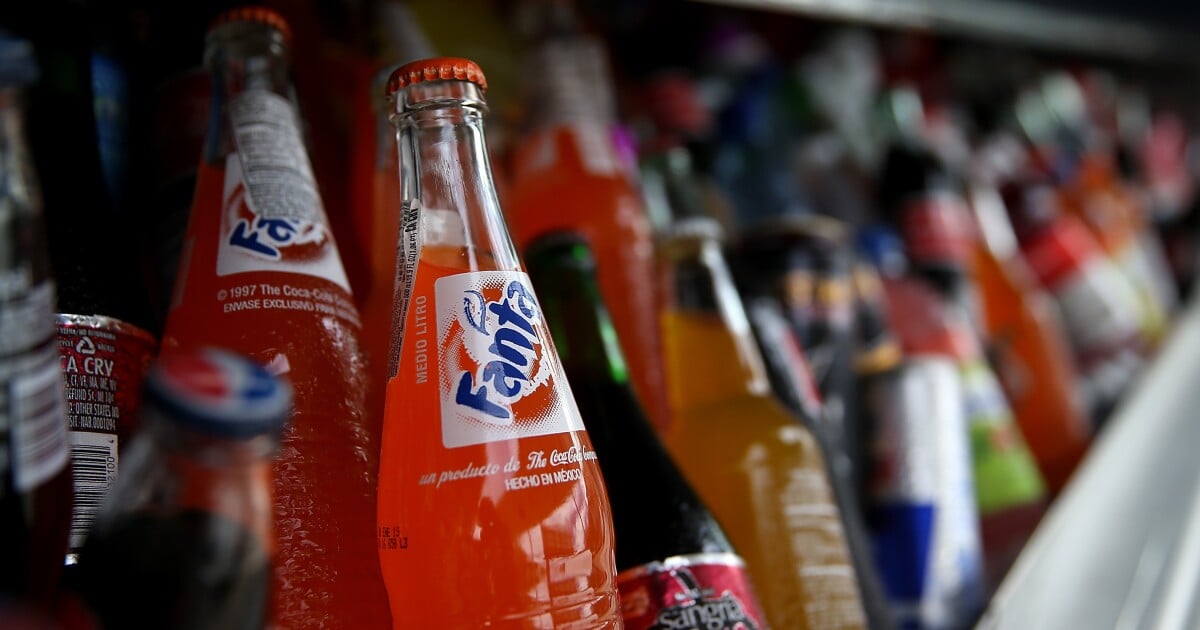Sales of sugary drinks fell dramatically across five U.S. cities, after they implemented taxes targeting those drinks – and those changes were sustained over time. That’s according to a study published Friday in the journal JAMA Health Forum.
Researchers say the findings provide more evidence that these controversial taxes really do work. A claim the beverage industry disputes.
The cities studied were: Philadelphia, Seattle, San Francisco and Oakland, Calif., and Boulder, Colo. Taxes ranged from 1 to 2 cents per ounce. For a 2-liter bottle of soda, that comes out to between 67 cents to $1.30 extra in taxes.
…
Kaplan and his colleagues found that, on average, prices for sugar-sweetened drinks went up by 33.1% and purchases went down by basically the same amount – 33%.



What about sales in cities near these? I doubt people will stop buying it just for the tax, I bet they are willing to go elsewhere to get it for cheap and just by in bulk.
In the first part, findings, it says this:
" In this cross-sectional study, SSB taxes in Boulder, Colorado; Philadelphia, Pennsylvania; Oakland, California; San Francisco, California; and Seattle, Washington, were associated with a 33.1% composite increase in SSB prices (92% pass-through of taxes to consumers) and a 33% reduction in purchase volume, without increasing cross-border purchases"
So there wasn’t an increase in sales volume in other areas (cross borders).
Nice, then good to know!
What I was thinking is people need to be aware of the serous health issues from drinking a lot of soda to ease down on it but I guess any steps that help reduce its consumption are great.
A lot of people think “ah Ill nab a soda on the way, its only $2”
So when its “only” $3.50, $4.25, $6, it gets a lot harder to make those passing “ah fuck it” purchases while youre out and about doing other things.
Its not like alcohol, where you make a point to obtain it for a designated drinking time and so will go out of your way to fulfill an errand. Its a passing convenience that you do less often when it becomes less convenient
Sadly there is also a lot of people who buy it regularly. Was just with some relatives over the holidays and they have full stack packs of coke for the day to day.
This segment is who I would think go out of their way to avoid the taxes.
You bring an excellent point and probably it is in that segment where the reduced consumption is when the taxes are higher.
You’re really driving the next city over to get soda pop? Or are you more likely to just drink less and maybe pick some up if you remember?
I know a few people that drive 45+ minutes to get to a Wegmans because it’s an “experience”, so I wouldn’t put it out of reach for someone to go across town lines for soda (and other stuff) if you consume a lot of it.
People be wacky, but on the average most folk won’t do that.
Generally diet or “zero” versions of soda were tax exempt because they dont have sugar, so that’s most likely what people moved to. Still likely a net health win.
Not when Cook County did it in Illinois. Zero sugar/artificially sweetened drinks were taxed at the higher rate, yet sugary fruit juices got a pass. I live on the border of Cook and Will county, so I just shopped at grocery stores outside the country. I’m not sure how long it was in effect, but they ended up cancelling it.
I’d bet single serve is a pretty serious portion of soda sales. Restaurants (especially fast food) and gas station/convenience stores sell a lot of soda.
Most of the time when I buy pop it’s for convenience. I can’t remember the last time I went out of my way for it.